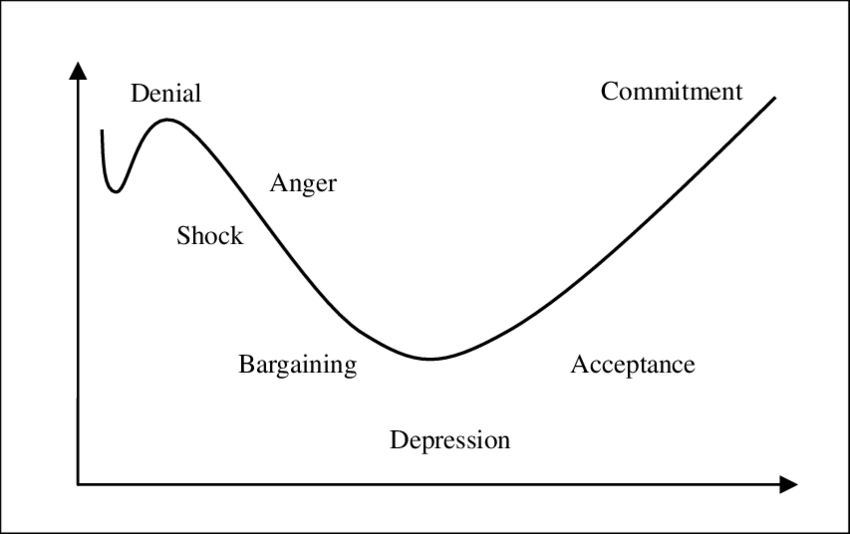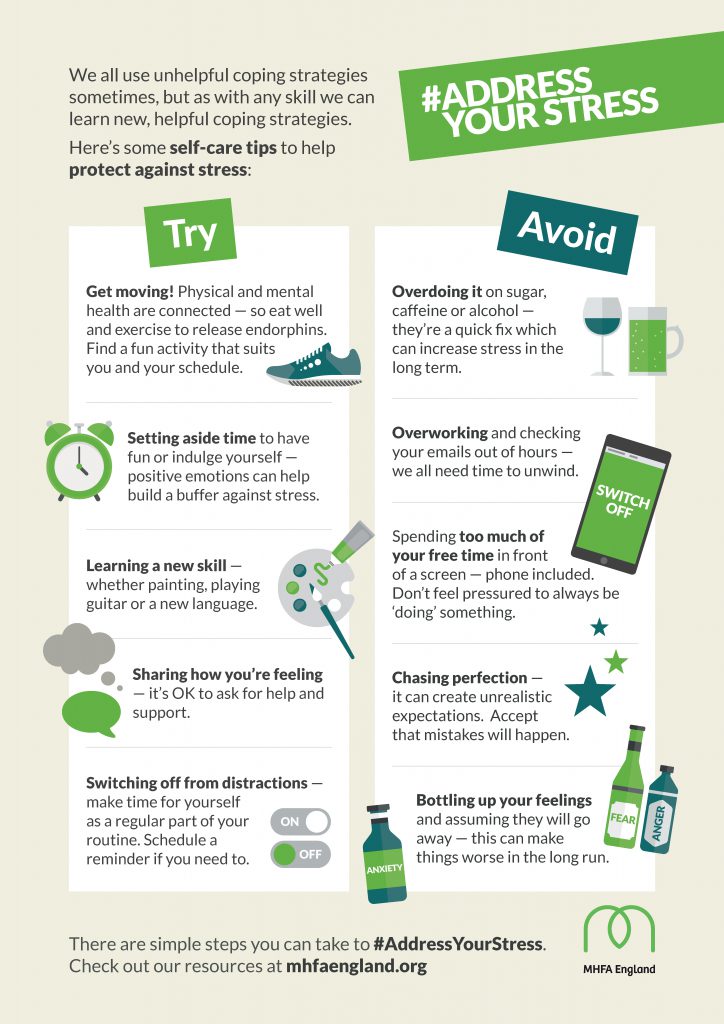How do we survive COVID-19?
Accepting that lockdown is a reality for the next 12 weeks or so is key to adjusting to the enormous change in our lives as individuals, families and as a society.
 Stay at home. Protect the NHS. Save lives.
Stay at home. Protect the NHS. Save lives.
“Surrender to what is. Let go of what was. Have faith in what will be.” - Sonia Ricotti
There is no doubt that COVID-19 will change our interactions with family & friends and how we function as workplaces & society. The world will never be the same again… We are living through history in the making and the importance of human spirit, kindness, science & innovation and the internet will be key to surviving this crisis.
There is a long journey ahead for us all and how we interact with the crisis now and the lockdown we find ourselves in will determine how we navigate out the other side into the world that will form later this year, in 2021 and beyond…
How far along the curve are you?

Many of us are still in the shock and anger stage or are bargaining with ourselves and the situation we find ourselves. That’s OK. It’s been a roller-coaster ride so far and the fact that you are still here at this stage is a good sign. (Continue to stay at home!)
Acceptance of your situation is key, whatever you are trying to come to terms with in life, whether it’s major life/ relationship changes or grief ( denial, anger, bargaining, depression, acceptance). Maybe acceptance is still some time away for you. That’s alright. Be patient with yourself. Accept what you can’t change. Move with the wave, don’t try to fight it. Learn to surf! This is great advice for many aspects of life and change, not just for lockdown…
 An origami wave: accept what you can’t change & learn to surf.
An origami wave: accept what you can’t change & learn to surf.
Be kind – wherever you are.
Being kind, generous, flexible and forgiving of yourself and others during this difficult period will be key to making our lives & relationships function. Almost all of us will be feeling the strain, stress and more anxiety than normal. As humans, we are resilient and we can bounce back. The length of time involved in this process and the lack of clarity, guarantees and clear timeframes make this process more difficult. The sooner we accept what is going on, try to understand it and embrace our reality, the easier it will be to move forward and through this time. Perhaps sometime in the future, we can say we enjoyed this time when things were different, maybe simpler, with more time to spend with family and loved ones.
A few suggestions:
- Keep it simple – adjust your expectations.
- Try to establish a simple routine.
- Do the basics – drink water, eat well & make time for sleep.
- Start a daily gratitude practice
- Exercise – outside once a day.
- Limit how much news you ingest.
- Talk about it – how are you feeling? What do you miss?
- Connect with others in your home & those you are distant from via phone, video message or social media.
- Help others. Ask for help when you need it.
- Have fun! Enjoy an existing hobby or try something new.
- Find a mindful activity that suits you. This will help calm your mind & improve your focus.
- Book some MHFA training for your managers or staff – it’s now available to be delivered virtually.
Physical & mental health will be affected by this journey. Look after both of yours.
You can survive any journey if you take it one step at a time. Nothing lasts forever.

Some resources:
- This book could help – The men’s head space manual.
- Raising boys in the 21st century – Steve Biddulph
- Helplines: Samaritans 116123, CALM 0800585858
- The chimp paradox – Dr Steve Peters
- Mindfulness Apps – Calm, Headspace, Insight timer
Websites: NHS Every mind matters; Mind; Anxiety UK; Netflix
“Happiness can only exist in acceptance” - George Orwell
